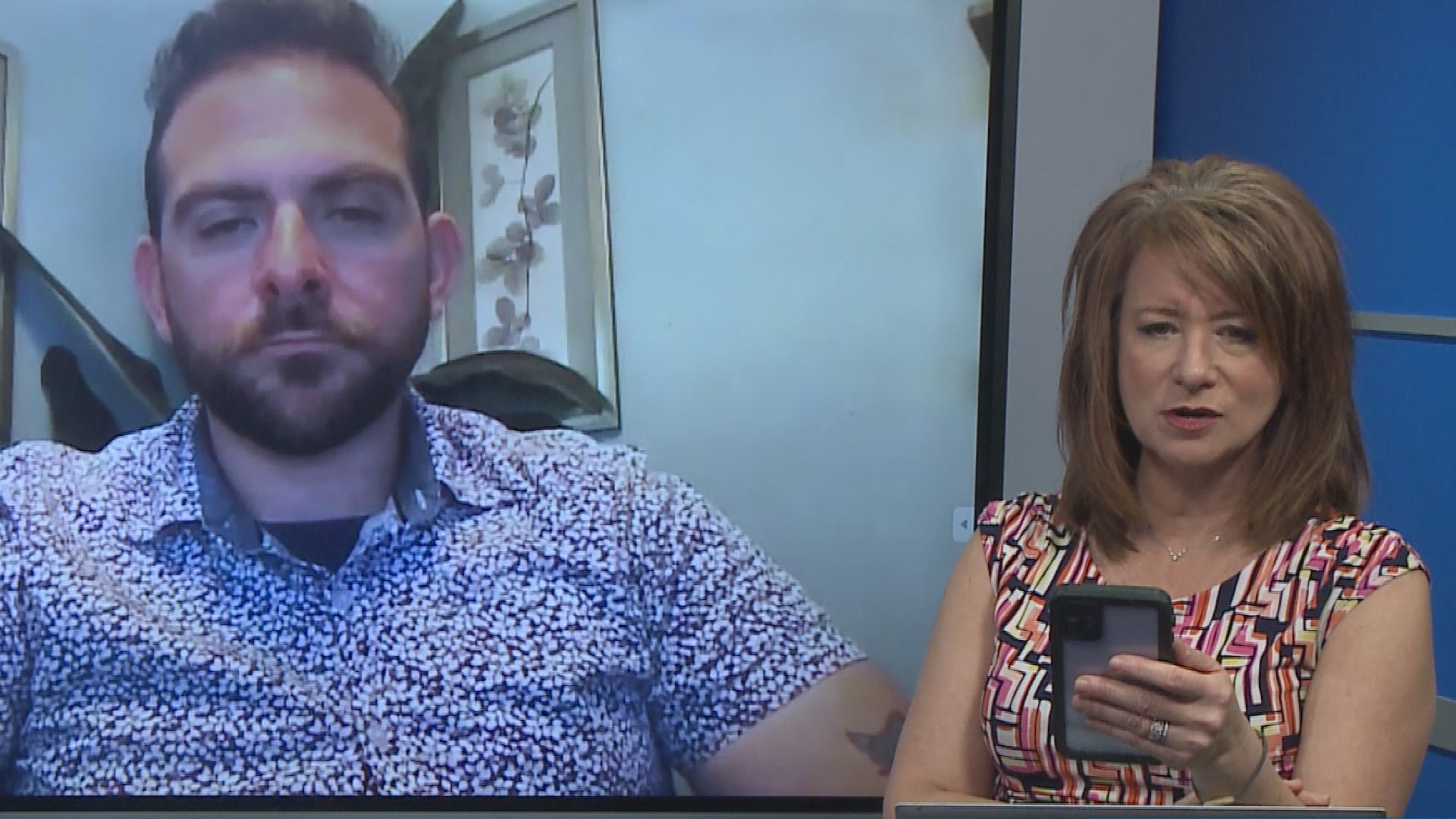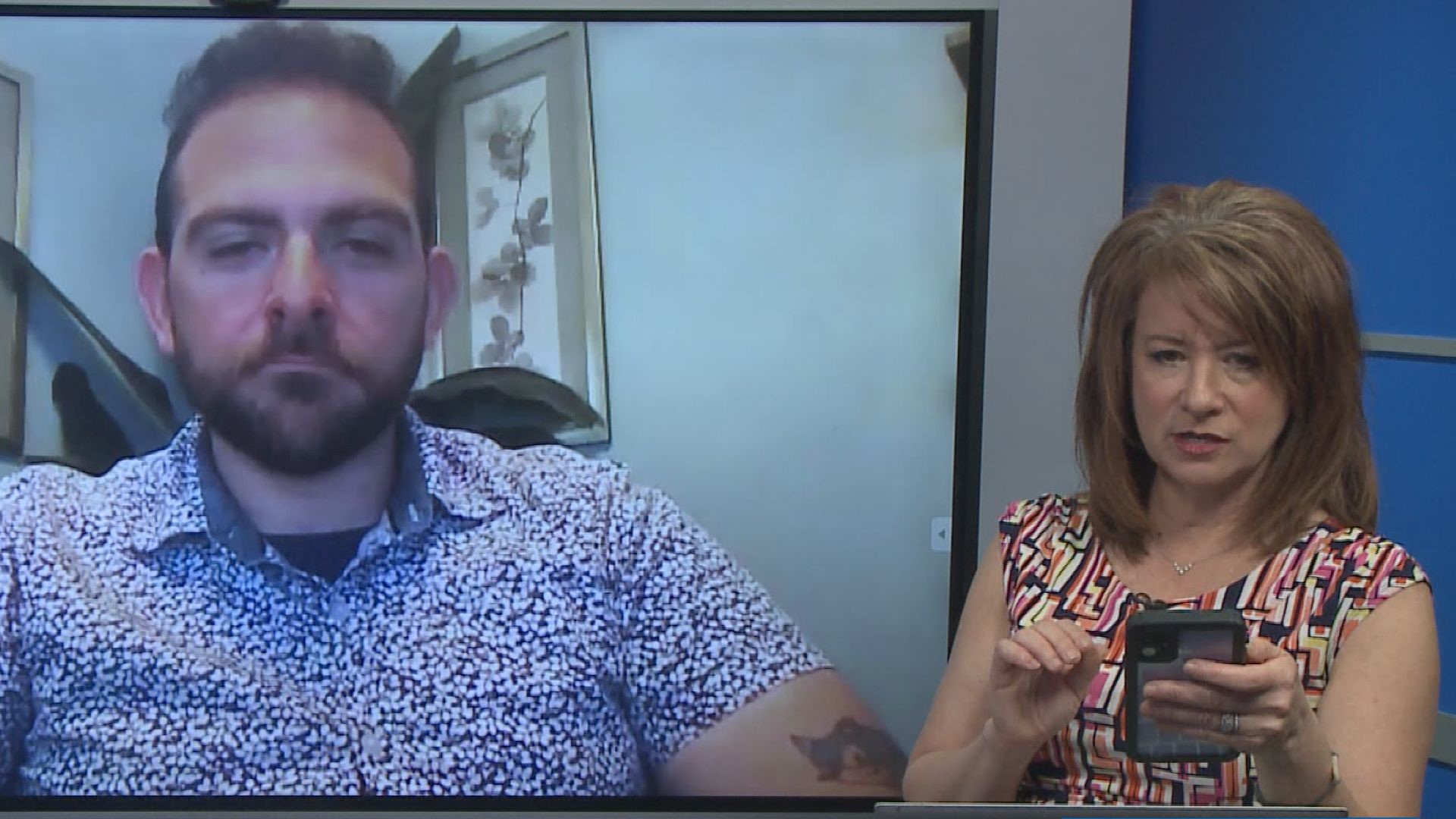GREENSBORO, N.C. — It's both easier and harder to buy a home. Average long-term mortgage rates saw their most significant one-week jump in 35 years but the demand for homes is less which means less competition for you.
Whether you want to buy now or wait, you need to get your finances in order first. Nathan Grant from Money Tips breaks down what your need to know.
What credit score do you need to get a house?
A higher credit score means you’re more likely to qualify for a mortgage and get a low mortgage interest rate. You want to have at least a 620 score but 740+ is considered excellent and will get you the best terms and rates for a conventional loan. If you have a lower credit score, you may still qualify for a Federal Housing Administration (FHA) or a Department of Veterans Affairs (VA) loan. Build your credit score by paying on time, in full when possible, keeping accounts open that are paid off, low utilization, variety of accounts, don’t have too many hard inquiries.
Debt-to Income Ratio
Your DTI measures your monthly debt against your monthly income. It should, ideally, be below 36% to qualify for a conventional loan. The ratio equals all of your monthly debt payments divided by your monthly gross income. Let’s say your gross monthly income is $4,000, and your rent and other debts add up to $1,200. That would give you a DTI of 30%. You could make 10 grand a month but if $5,000 of that goes to your mortgage payment, car loan, and the minimums on your credit cards, that’s a 50% DTI – and it’s potentially a signal to lenders that you may be a higher-risk borrower.
Make sure you have enough for a down payment
Your lender will require that you take out mortgage insurance if you make a down payment that’s less than 20%. Mortgage insurance protects the lender in case the loan goes into default and the insurance payments can be rolled into your monthly mortgage payments. If you take out a conventional loan and pay less than 20% down, you’ll have to pay private mortgage insurance or PMI. You can typically stop paying for it once you’ve paid off 22% of the principal on your mortgage. If you have an FHA loan, you’ll pay a mortgage insurance premium. MIP is divided into two payments. You pay the upfront premium at closing, which is 1.75% of the loan amount (that’s $1,750 for every $100,000 borrowed). Then you pay the annual premium, which is 0.80% – 0.85% of the loan’s value (that’s $800 – $850 per year per $100,000 borrowed or $67 – $71 per month per $100,000 borrowed). The annual premium is added to your monthly mortgage payment, and depending on your down payment, you’ll pay MIP for 11 years or the life of the loan.
Should you get pre-approved?
Getting a mortgage pre-approval letter is a great way to prepare for house hunting – it shows sellers that your finances are stable and you’re serious about buying a house. Mortgage preapproval is like a physical for your finances, analyzing your credit, debt-to-income ratio, and more. Getting a preapproval letter from multiple lenders can help you get the lowest interest rate possible. Depending on the lender, a preapproval letter is only good for 60 – 90 days.
What is Homeowners Insurance?
A typical homeowners insurance policy covers the cost to repair your home and replace your belongings and provides personal liability coverage if you’re held legally responsible for injuring someone on your property or damaging their property. If your house caught fire with a guest in the home, insurance could potentially cover the damage to the home, the cost to replace your belongings, and any medical or legal bills if your guest (or their insurance company) sued you for damages. You are responsible for everything as a homeowner compared to renting, so a HOME WARRANTY is a separate policy that covers the cost to repair or replace home heating and cooling systems and other major appliances when they break down because of normal wear and tear. Climate, natural disasters, and more can factor into your insurance policy decisions.



